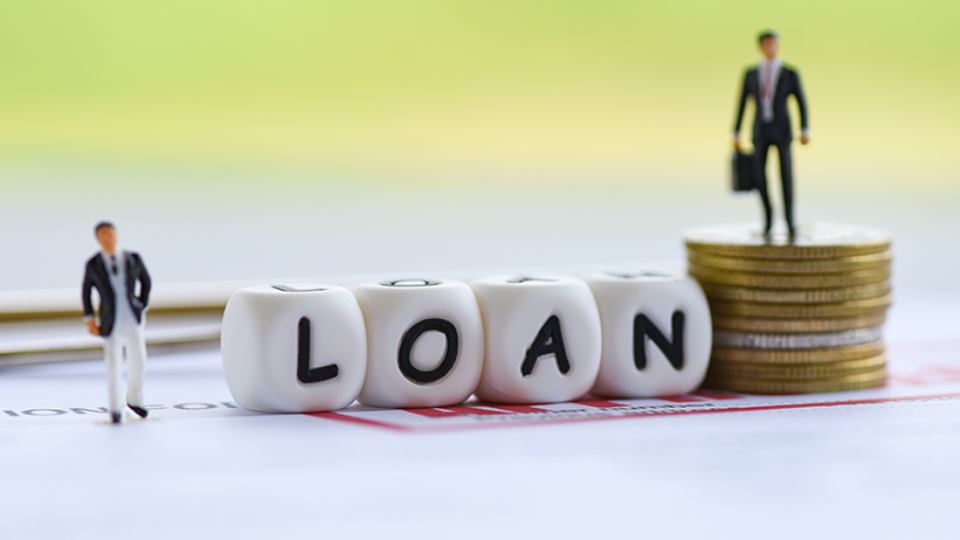Managing your monthly expenses with one salary is difficult enough as it is. During the Covid-19 pandemic, industry-wide layoffs and pay cuts as well as increased prices have left many people around the world struggling to simply make ends meet. However, the importance of having a substantial savings pool has also never been more apparent. While everyone understands this, setting money aside for savings is far easier said than done when you’re finding it tough to just pay your bills. Luckily, there is one tool you can use to not only manage your monthly expenses, but also start building your savings - a budget. Once you’ve created a budget to streamline your expenses, you can go an extra step and start on your savings fund.
Here are some tips to help you save some money when you’re on a budget.
1. Start small
There is no denying that sparing even a few thousand rupees a month is extremely difficult for a lot of people. Therefore, what’s important is not how much you manage to save but the act of saving itself. Try skipping out on one cup of tea a day or reduce your junk food intake to save some money - and put this money into the savings fund. Even if it is just a few hundred rupees a month, getting started is the first step. Two to three hundred rupees in your savings could very well grow into several thousand as time goes by. Don’t pressure yourself into a drastic and unrealistic savings goal that will eat into your lifestyle, thereby discouraging you from continuing the savings practice.
2. Be consistent
You don’t need to constantly be saving the same amount each month. If you have managed to contribute a few thousand rupees to your savings account one month, don’t feel compelled to save the same amount the next month. Save whatever you can spare each month, but the important thing is to save something each month. Consistency is key to making savings a crucial part of your life. When you habitually save each month, when you plan out next month’s budget or even think about your pending monthly expenses, you will subconsciously know that you need to allocate at least a few hundred rupees into your savings account. Never skip out on saving one month by telling yourself that you will save double that amount the next month.
3. Automate your savings
.jpg)
If you have reached a level where you can comfortably allocate a fixed amount to your budget each month, the best way to keep the consistency going (and to prevent any temptation from convincing you to splurge on a self-treat just this one month) is to automate your savings. A standing order with your bank (or any similar facility available on your online banking portal) will ensure that a fixed amount of your stipulation will be automatically transferred to a savings account on a particular day. This day could ideally be the same day you receive your salary so that at any given time, you are only left with the spending amount in your bank account. This will prevent you from giving into the illusion that you have more money than you actually do to spend.
4. Find high-return savings instruments
There’s no better motivation to continue saving than seeing your savings grow on its own through high interest rates and returns on investments. Once you start saving, it’s also advisable to start researching for savings accounts and schemes that offer the best benefits and returns. Don’t settle for your current bank out of sheer convenience even though it offers one of the poorest interest rates and least benefits. Actively shop around among various service providers and vendors for the best place to keep your money. Apart from standard savings accounts and fixed deposits, most banks and financial institutions offer savings packages that double as investment schemes. Find one with the right level of risk and return that suits you, as well as keeping in mind that your savings should be as liquid as possible at all times.
5. Separate your savings and emergency funds
Once you’ve made a habit out of setting aside money for your savings, now it’s time to allocate a portion of that money to a separate emergency fund. When you find yourself in financial distress, having to dip into your life savings and seeing it deplete is extremely demoralising. During times like this, having an emergency fund will not only provide you with some support to fall back on, but also allow you a sense of security knowing that your savings fund remains untouched - signifying that this financial hiccup will not negatively affect you for the rest of your life.
6. Self-discipline is key
.jpg)
The most crucial ingredient of anything related to personal finance - be it budgeting, saving, investing - is self discipline. Even if you have discovered the ideal budget and the best savings mechanisms, you will not be able to streamline your finances if you are unable to control your spending and give into every impulse purchase and temptation. Keep an eye on your goals and practice a little restraint; when you start seeing positive results in your lifestyle, you will never want to go back to your old habits.
Even though you strive to attain financial freedom through a strict budget and extensive self-discipline, it is possible to simply not be able to manage your expenses and save at the same time; there might even be days when you need to get payday loans from a service provider like OnCredit.lk. What’s important is to take it as it comes, keeping in mind that life is for the living and no amount of money saved can buy happiness.







